Activity › Discussion › General Discussion › Autism and music
-
Autism and music
Posted by Naynika on April 30, 2024 at 9:00 pmHow can music help people with ASD?
Chammi replied 1 week, 4 days ago 2 Members · 1 Reply -
1 Reply
-
::
Music has shown great potential in helping individuals with Autism Spectrum Disorder (ASD) in various ways:
Emotional Expression: Music provides a means of emotional expression for individuals with ASD. It can help them communicate and convey their emotions, even when verbal language is challenging. Through music, individuals with ASD can express joy, sadness, or excitement, facilitating emotional connection and understanding.
Sensory Integration: Many individuals with ASD experience sensory sensitivities or difficulties in processing sensory information. Music can act as a therapeutic tool to help regulate sensory input and promote sensory integration. The rhythm, melody, and harmonies in music can provide a structured and predictable environment, soothing or stimulating the senses as needed.
Communication and Social Skills: Music has the power to enhance communication and social interactions for individuals with ASD. It can serve as a bridge, facilitating connections and interactions with others. Through music therapy or group music activities, individuals with ASD can practice turn-taking, listening skills, imitation, and nonverbal communication, fostering social engagement.
Cognitive Development: Music engages various cognitive processes such as attention, memory, and pattern recognition. For individuals with ASD, music can support cognitive development and learning. It can help improve auditory processing skills, enhance memory recall, stimulate creativity, and strengthen cognitive abilities such as problem-solving and sequencing.
Relaxation and Stress Reduction: Music has a calming effect and can promote relaxation and stress reduction. Individuals with ASD often face heightened anxiety or stress levels due to sensory overload or social challenges. Listening to or participating in music activities can provide a soothing and therapeutic outlet, helping to alleviate anxiety and promote emotional well-being.
It’s important to note that the effects of music can vary for each individual with ASD, and different approaches, such as music therapy or personalized musical interventions, may be more effective. Professional guidance from music therapists or educators with experience in working with individuals with ASD can provide tailored strategies and interventions to maximize the benefits of music.
 Nutrition Sorting Activity Worksheet
Nutrition Sorting Activity Worksheet  Monochromatic Numbers Vocabulary Worksheet
Monochromatic Numbers Vocabulary Worksheet 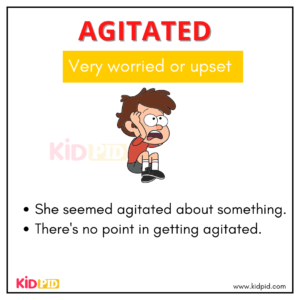 Advanced English Vocabulary
Advanced English Vocabulary 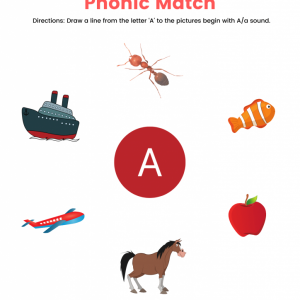 Phonic Match Worksheets for Kids
Phonic Match Worksheets for Kids  Mini-break Exercise Flashcards
Mini-break Exercise Flashcards 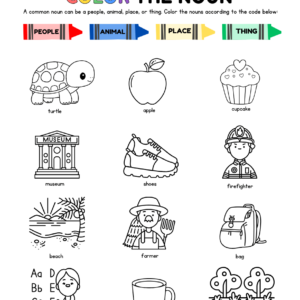 Color The Common Noun - English Grammar Worksheet
Color The Common Noun - English Grammar Worksheet  2d Shapes Posters
2d Shapes Posters 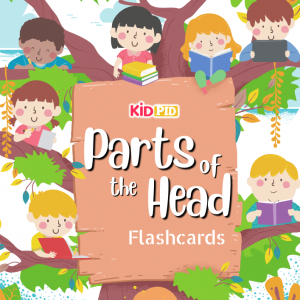 Parts of the Head Flashcard Sheets
Parts of the Head Flashcard Sheets 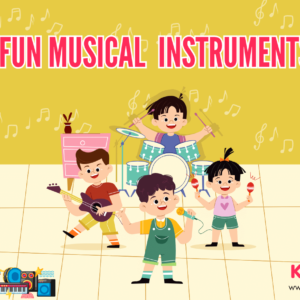 Fun Musical Instruments Flashcard
Fun Musical Instruments Flashcard  2D Shapes Matching Flashcards
2D Shapes Matching Flashcards